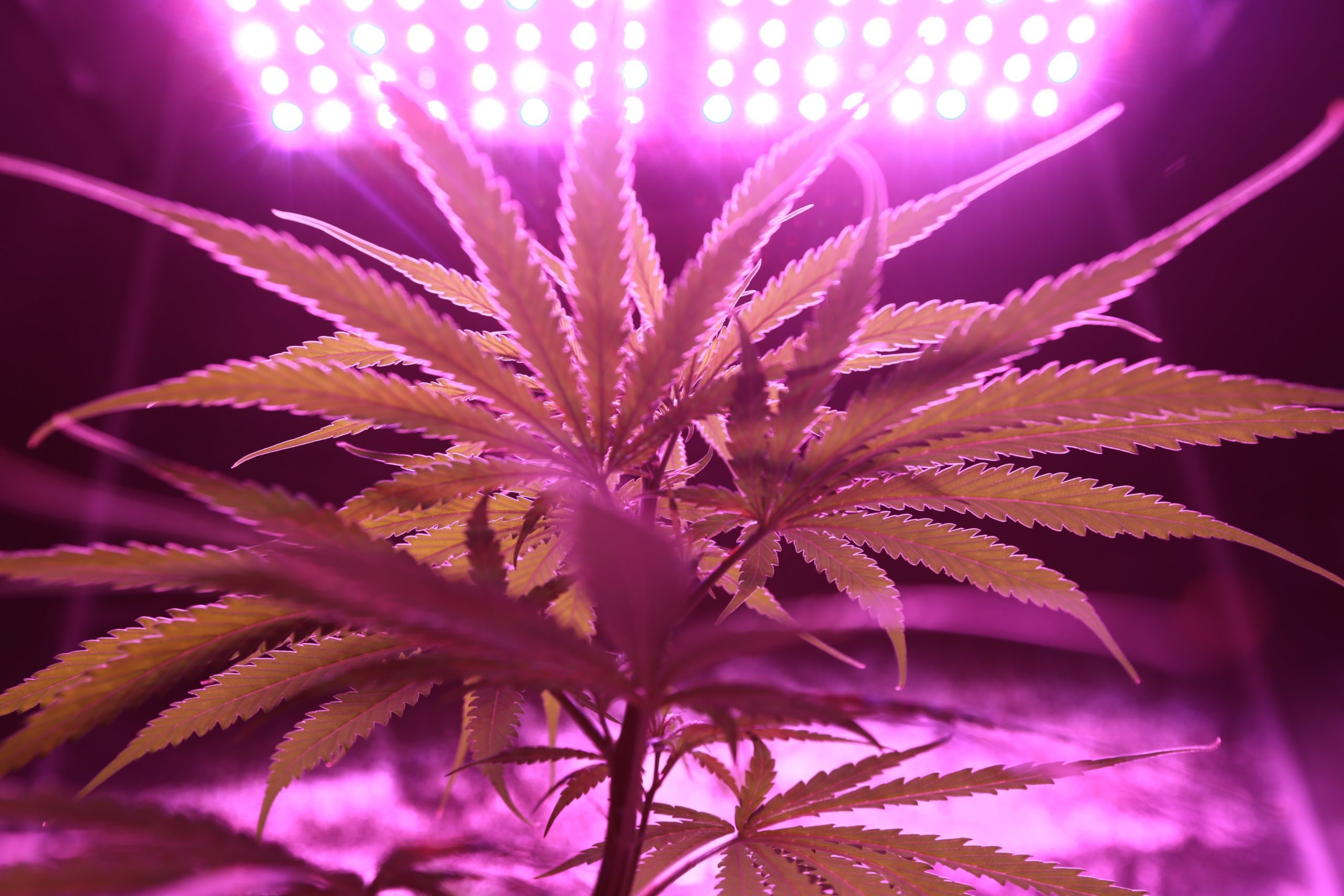
Why Marijuana Should Be Legalized Nationwide
Image Source: Pexels
Netflix’s 2018 documentary Weed The People argues that marijuana has been demonized by misinformation for the last century. Whether or not you choose to believe this, it is representative of a greater social conversation surrounding the drug. Some states have begun to legalize it, and it may only be a matter of time before this happens in Indiana.
The history of marijuana’s illegal status is complex in the United States and has uniquely affected the American economy. Proponents say that while it can be abused like any other mind-altering substance, it has positive benefits both for individuals and the greater public. With moderation in mind, a push for legalization may bring more positives than negatives to our country as a whole.
Seeing that states like Colorado and California have already legalized recreational use of the plant, additional uses for it have also made their way into the public. Hemp drinks and lotion can be found almost everywhere, and CBD became federally legal last year. What would the legalization of recreational marijuana use look like for Muncie, the state of Indiana, and for our country at large?
Personal and Community Health
A lot of arguments against cannabis revolve around its comparison to other drugs. However, many who argue against legalization do not actually know the effect that it has on individuals. The relaxing effects of using marijuana in small doses for short amounts of time stand in sharp contrast to the way that harder drugs affect you, including alcohol.
But to be completely fair, its personal effects have not been studied much. Reasonable proponents of legalization will argue that only adults should use it, since there do seem to be negative effects on youth development from cannabis. Still, researchers have generally concluded that the drug is less addictive and less lethal than drinking is.
Of course, a lot of these conversations get steered toward driving under the influence. This makes complete sense, as drunk driving accidents are a fairly common occurrence. But it is notable that marijuana-related driving incidents are rare. While nobody should be driving high, using this as an argument against legalization would conclude that other, legal drugs and alcohol, should also be outlawed, which is a claim that many people will not make.
Economic Benefits
With the changing marijuana laws from state to state, the pros and cons can be hard to measure effectively on a greater level. Right now, marijuana possession of any kind is illegal in Indiana, even if individuals have bought it in Illinois or Michigan where it is legal. This also applies if you are just driving through the state with it in your car. But what if none of that mattered? How would it affect the local economy if it was completely legal?
Let us start with criminality. Possession of over 30 grams is a felony and anything less is a misdemeanor. This means that the state has to pay to punish people caught with large amounts of the drug. If it was legal, however, cannabis could offer a burgeoning business that circulates the money back into the economy. Instead, marijuana charges are costing billions of dollars in tax paying money each year.
Notably, Washington and Colorado have had tax revenues that greatly exceeded expectations, stemming directly from marijuana businesses. The jobs that would be created from these organizations is also something to consider. For this reason, it appears that the overall economic benefits outweigh the costs.
Medicinal Use
The medical benefits of marijuana have been known for a long time, but only recently have they become widely accepted by the public. There have long been states like Oregon and Washington in which medical marijuana was legal, but with CBD oil’s newfound legal status across the country, we have been able to further examine the medicinal use of the plant. This means that many Americans may receive medical treatment they could not previously find in modern medicine.
The drug also seems to have a positive effect on one of the greatest threats facing our country: the opioid crisis. In Colorado for instance, marijuana has been shown to be an effective fill-in for prescription painkillers. Thus, its demonization may be contributing to the opioid crisis, because people are only able to obtain harmful addictive painkillers from their doctors, which often come in the form of opioids.
Marijuana also has tangible benefits for anxiety. While it should not be the only way someone handles their problems, it could be a healthy part of a broader approach to stress management. Ideally this kind of regiment would also include exercise, eating well, and other forms of self-care. But in moderation, marijuana would fit nicely into this list.
This medicinal use of marijuana may only touch the surface of what benefits the drug may bring. Again, it has not been studied much. Right now, it seems that the benefits certainly outweigh the cons nationwide, though, and legalizing the drug could be an asset to Indiana in multiple ways.




